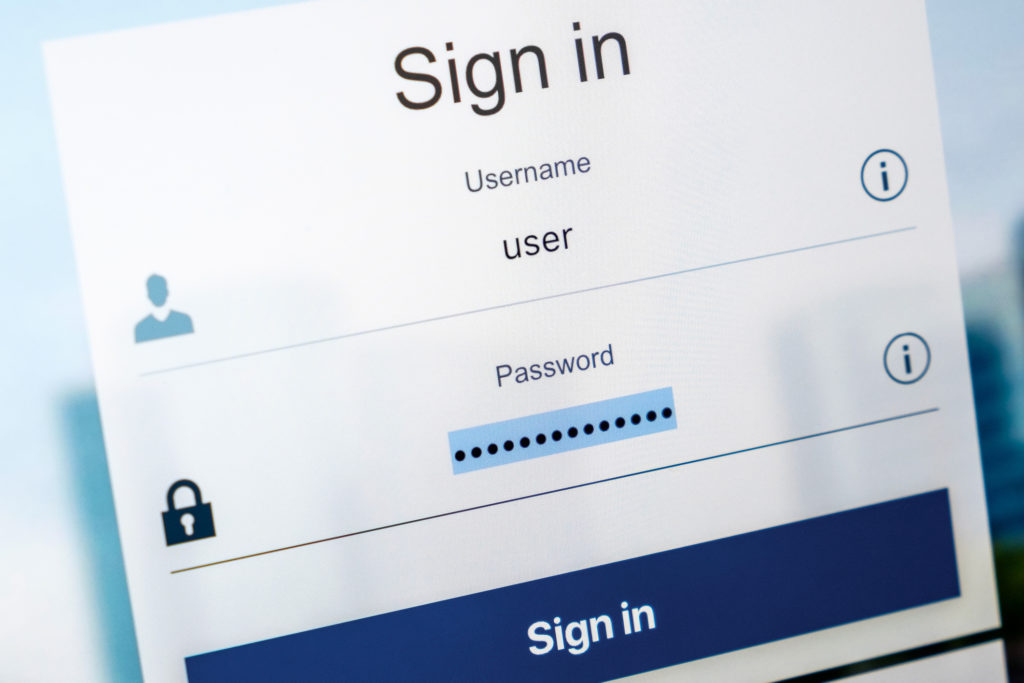Keys To A Secure Password

Using short, simple passwords to access your online accounts, or to use the same password everywhere is a rookie mistake. It puts you at significantly higher risk of a security breach or identity theft. To increase your protection, we suggest using a combination of letters, numbers, and symbols.
Granted, when you create a password, you have to be able to remember it. But your larger concern should be keeping your information secure and private. Some sites have their guidelines for how many and what characters can and cannot be used. eByte suggests these guidelines to help you create a password that’s less likely to be cracked.
Switch it up with your characters
- Use at least one upper case letter
- Use at least one lower case letter
- Use a number
- Use a symbol character from this special set: ‘ ! @ $ % ^ & * ( ) – _ = + [ ] ; : ‘ ” , < . > / ?
- Use at least six characters
- Don’t use repeating characters
- Don’t use spaces
Don’t make it guess worthy
- Do not use a common, dictionary word—not even spelled backward
- Don’t use your name, a relative’s name, a close friend’s name, or pet’s name, either
- Don’t use personal numbers, such as your driver’s license, license plate, social security, telephone, or birth date
- It’s a good idea to change your passwords monthly. And if you must write them down, put them in a safe place and don’t include the URL
- Use a password that is at least eight characters long
- Some examples of good passwords would be: Th1$isG00d!, B3nR0ck$
Use a personal algorithm
This sounds harder than it is. Many people use the same passwords for everything, and this can be a problem. If your email gets hacked, the criminal may also gain access to your bank account if it uses the same password. But no normal human can remember random eight character passwords for 50 different sites. To solve this puzzle try creating a personal password algorithm. An algorithm is just a set of rules that can be applied the same way to different sites and will result in a different password for each. For example, my algorithm could start with my dog’s name using some special characters (rex=r#x). I could then add the second and third letters of the website name (capitalized), and my favorite number (1337). If I were creating a password for paypal.com using this algorithm, my password would be r#xAY1337. Using the same set of rules, my password for Google.com, r#xOO1337.
Using personal algorithms will help you create strong passwords that are different on each site. And the best part is you don’t have to remember each password – all you have to remember the algorithm.